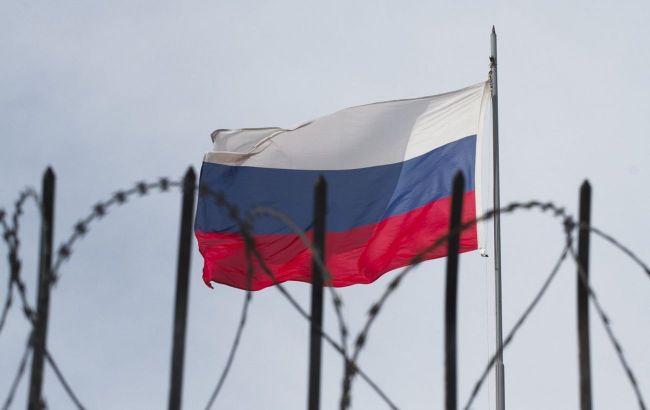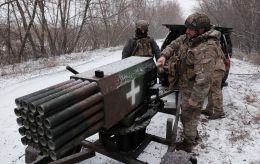American drones and chips find their way to Russia: WSJ about supply chains
 Illustrative photo (UNIAN)
Illustrative photo (UNIAN)
Drones and computer chips of American origin are increasingly finding their way into Russia from China through the trade routes of Central Asia, underscoring the complexity of supply restrictions for Moscow's military operations, according to The Wall Street Journal.
Trade routes passing through the former Soviet republics of Kazakhstan and Kyrgyzstan are among the many pathways into Russia for so-called dual-use goods that the US and its allies screen out, fearing they could be used on the battlefield.
Despite their efforts, Central Asia remains a growing pipeline for Russia, made possible by thousands of kilometers of open borders, opaque trading practices, and opportunistic middlemen. Goods often come from China, where they are manufactured, sometimes by major American companies claiming that these goods are imported into Russia without their permission.
"The Central Asian trade route is especially important because it feeds a high concentration of Western-produced goods into Russia. It is a key route for microelectronics, car parts, luxury goods - items both used on the battlefield in Ukraine and for personal consumption," says Natali Simpson, a Russia analyst at C4ADS, a Washington-based non-profit research firm specializing in national security issues.
The US and its allies maintain a list of dual-use goods subject to sanctions, including computer chips, routers, and ball bearings used in tanks. Last year, the list comprised 45 items, with five more added in February.
Chinese exports of dual-use goods to Kazakhstan and Kyrgyzstan sharply increased since February 2022.
Intensification of sanctions against Russia
The United States imposed a comprehensive package of sanctions against Russia for its military aggression in Ukraine, targeting hundreds of entities.
Additionally, the European Union, as part of its 13th package of sanctions against Russia, imposed restrictions on a number of governors, officials in occupied territories, and representatives of the DPRK.

